Endocrinology and Hormones
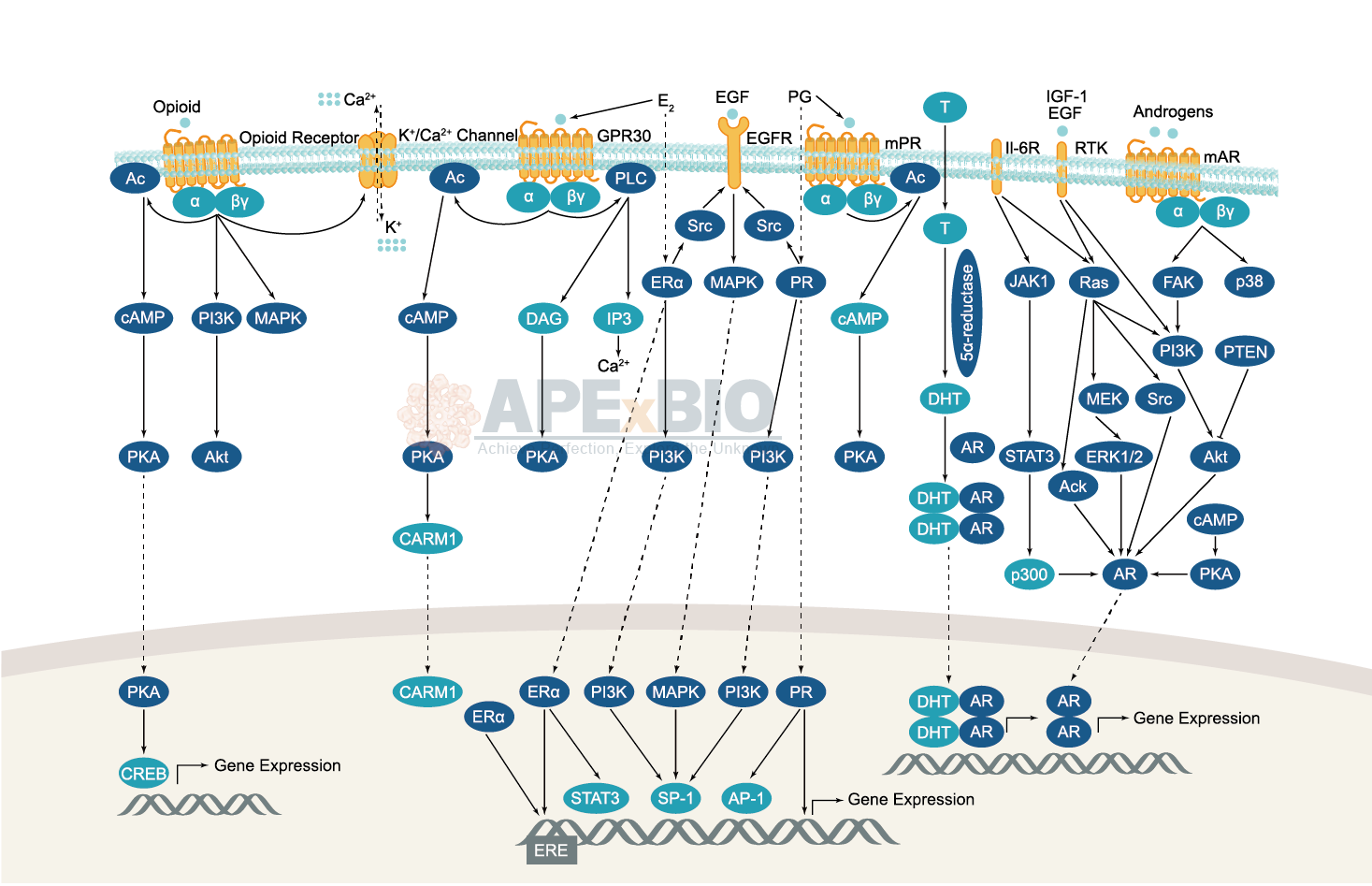
There are three types of hormones based on their chemical composition: Amines (e.g. dopamine, adrenalin and noradrenalin); Steroids (e.g. estrogen, testosterone and glucocorticoids); Peptides (e.g. the peptide hormones insulin, ghrelin and vasopressin). Peptide hormones produced by secretory nervous tissue are known as neuropeptides. For example, thyroid hormone plays important parts in development, homeostasis and metabolism, while cortisol is essential for growth, nutrient supply and immune function. Moreover, the regulation of blood glucose involves several pancreatic peptide insulin and its counter regulatory hormone, glucagon, as well as cortisol, growth hormone and epinephrine.
Dysregulations in endocrine system are implicated in diseases such as Acromegaly, Cushing Syndrome, Diabetes, Dwarfism, Graves Disease, Hermaphroditism, Delayed and Precocious Puberty and Thyroid Diseases.
-
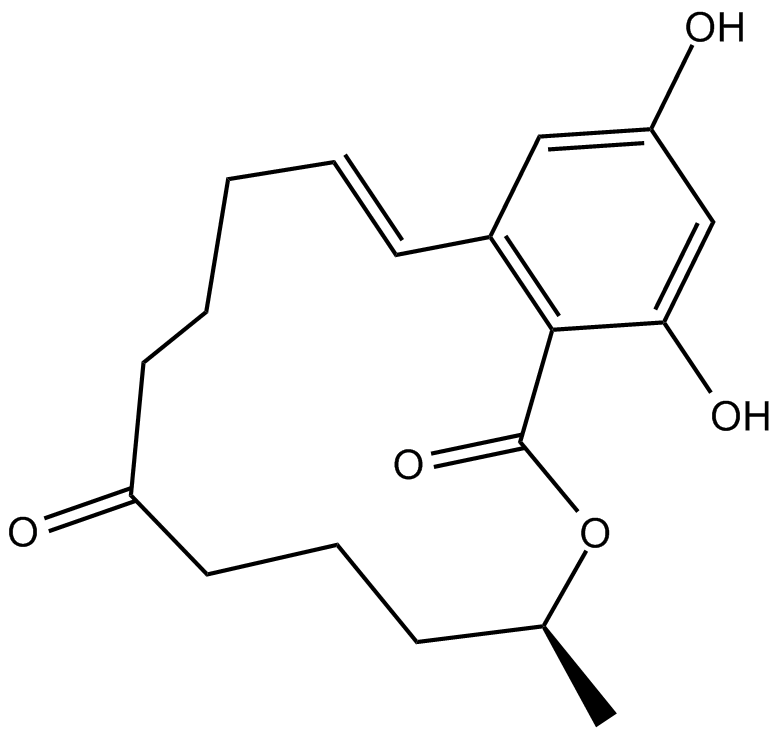 B7556 ZearalenoneSummary: Mycotoxin produced by several species of Fusarium fungi.
B7556 ZearalenoneSummary: Mycotoxin produced by several species of Fusarium fungi. -
 B7564 CyclofenilSummary: Non-steroidal selective estrogen receptor modulator (SERM)
B7564 CyclofenilSummary: Non-steroidal selective estrogen receptor modulator (SERM) -
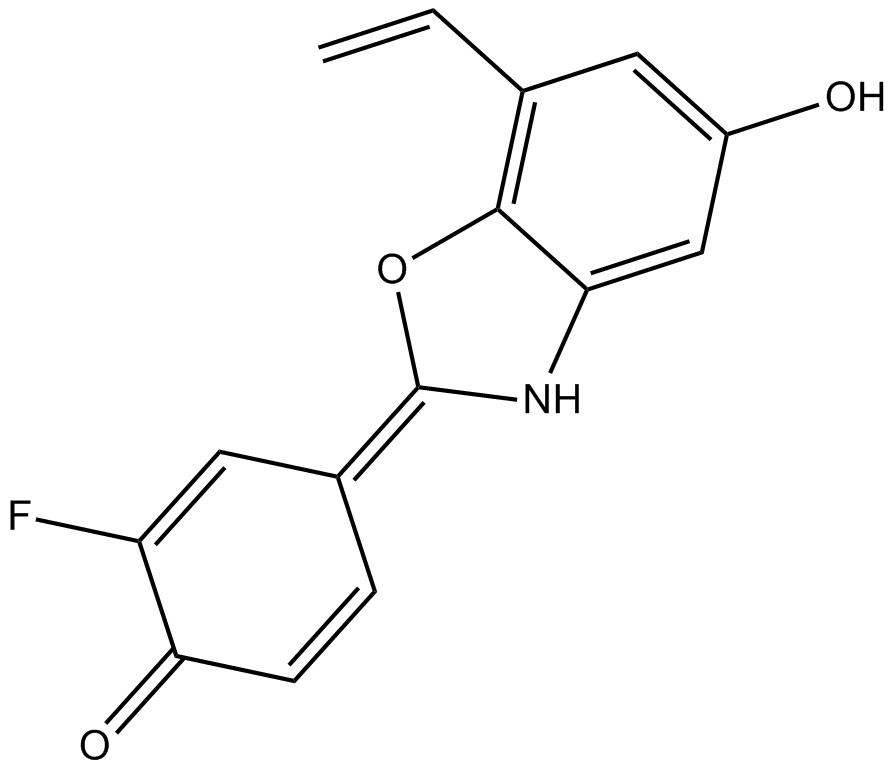 B7632 ERB 041Summary: ERβ agonist
B7632 ERB 041Summary: ERβ agonist -
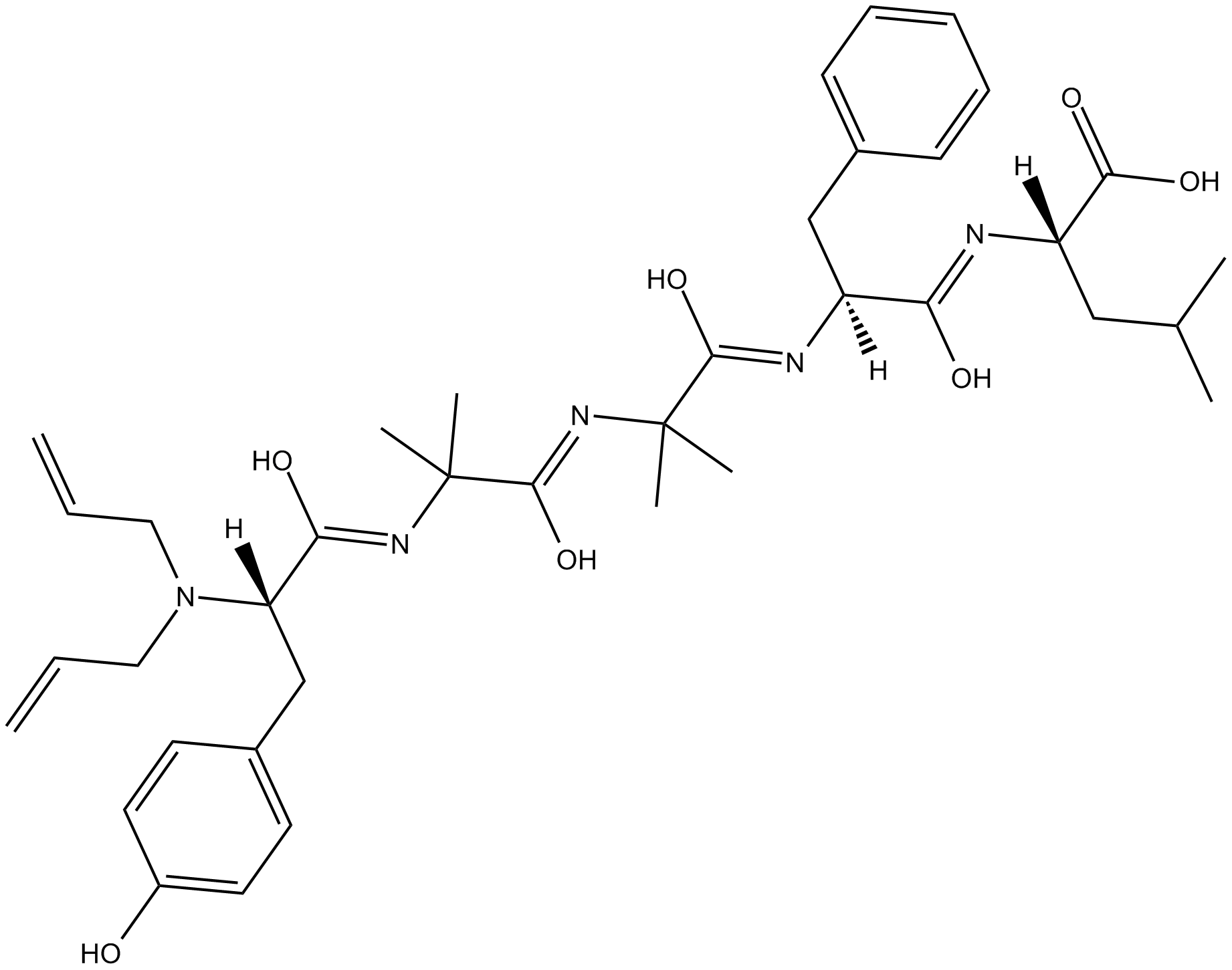 B5020 ICI 174,864Summary: Selective δ opioid antagonist
B5020 ICI 174,864Summary: Selective δ opioid antagonist -
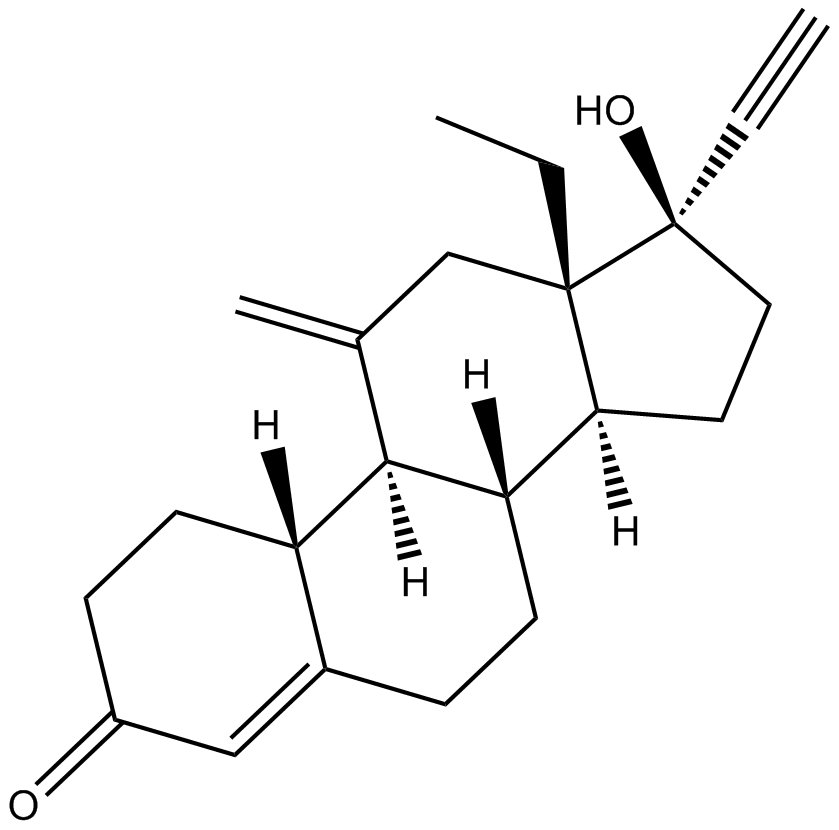 B3470 EtonogestrelTarget: Progesterone ReceptorsSummary: steroidal progestin
B3470 EtonogestrelTarget: Progesterone ReceptorsSummary: steroidal progestin -
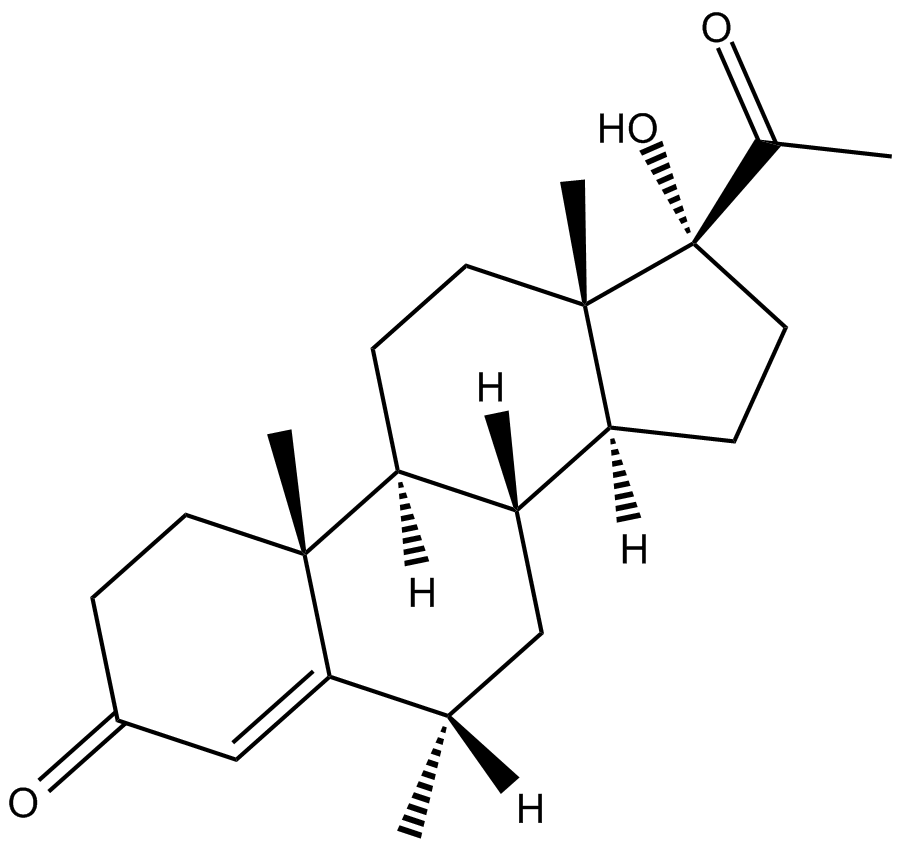 B3471 MedroxyprogesteroneTarget: Progesterone ReceptorsSummary: potent progesterone receptor agonist
B3471 MedroxyprogesteroneTarget: Progesterone ReceptorsSummary: potent progesterone receptor agonist -
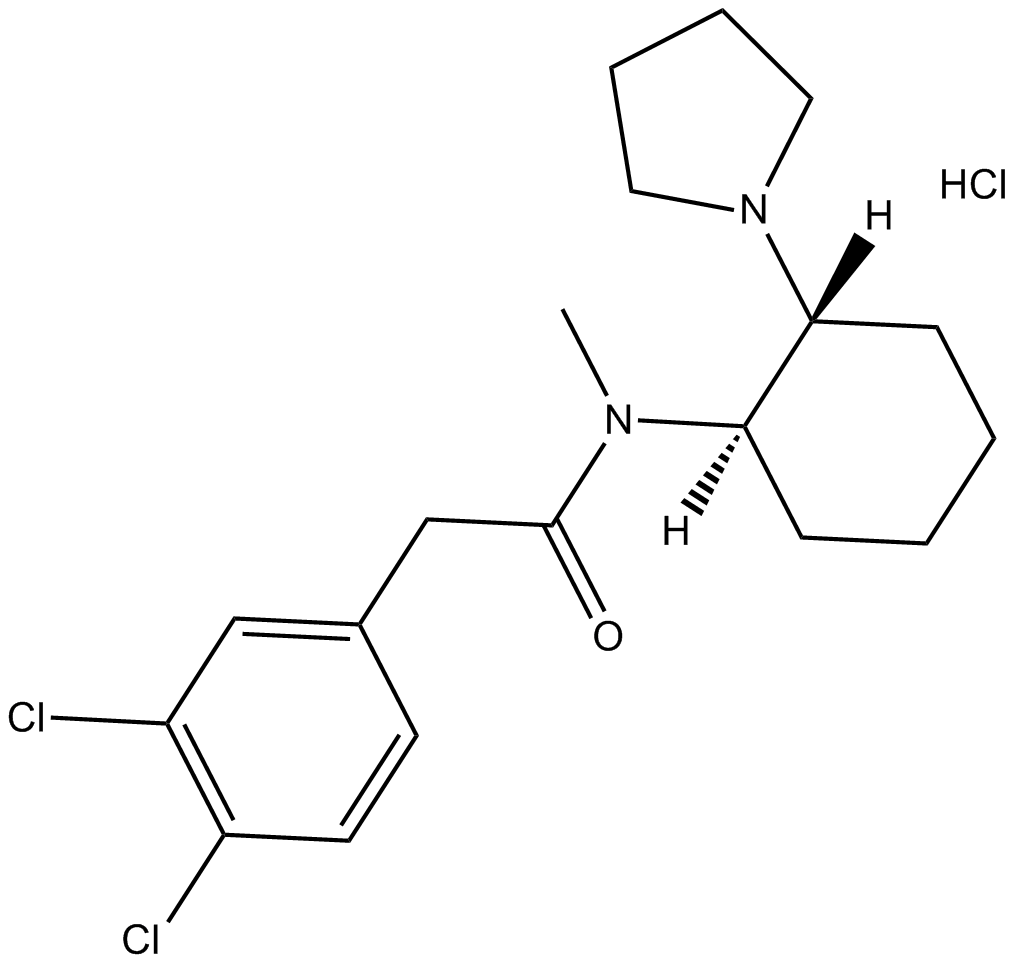 B6321 (±)-U-50488 hydrochlorideSummary: κ-opioid receptor agonist, selective
B6321 (±)-U-50488 hydrochlorideSummary: κ-opioid receptor agonist, selective -
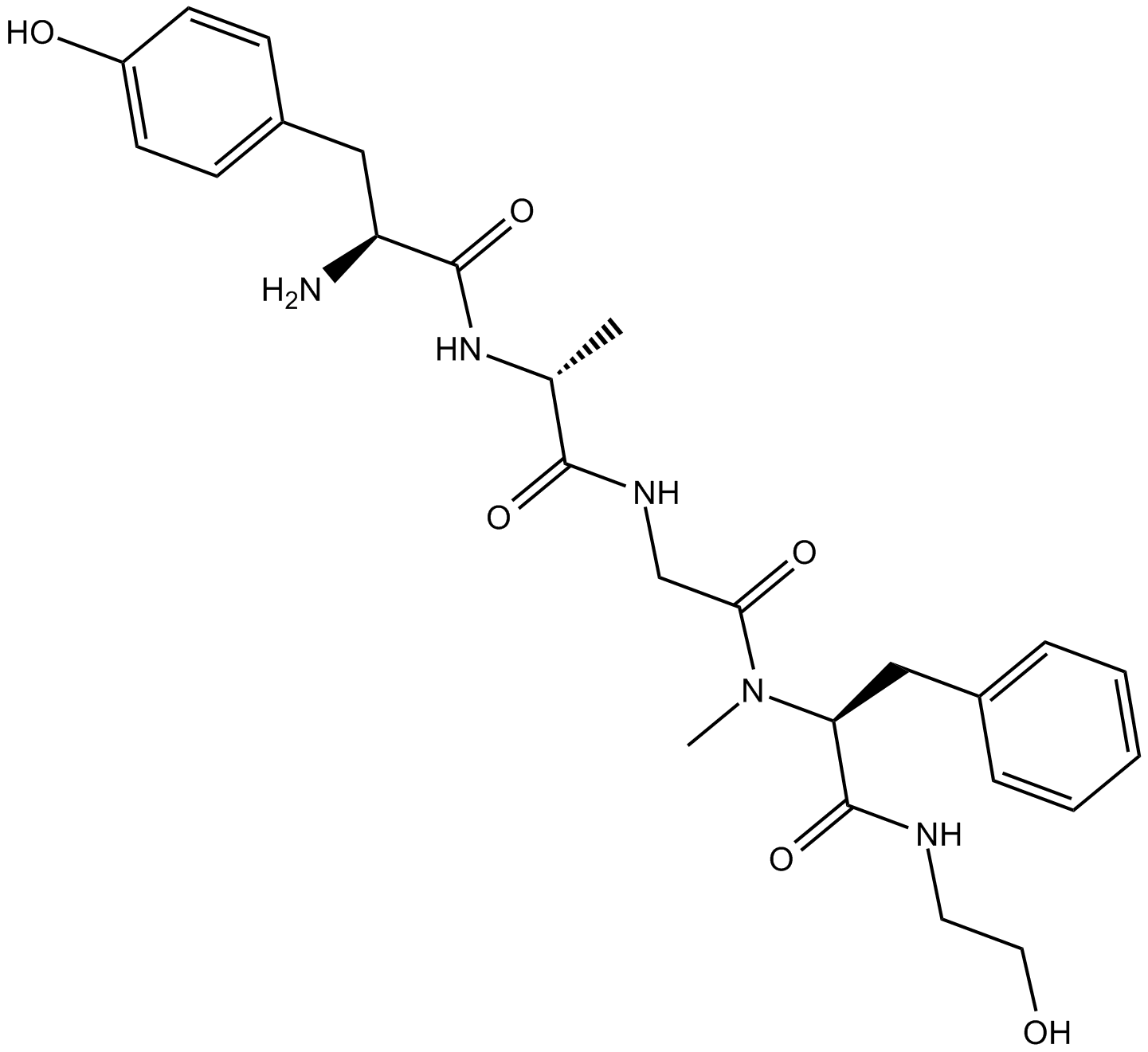 B6621 DAMGOSummary: μ opioid receptor agonist
B6621 DAMGOSummary: μ opioid receptor agonist -
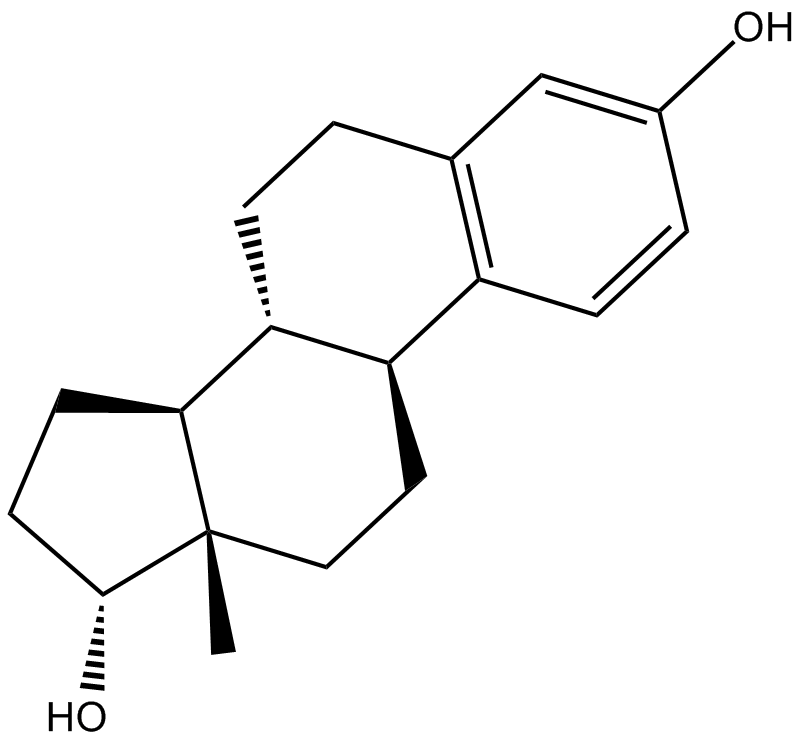 B7201 α-EstradiolSummary: Endogenous estrogen receptor ligand
B7201 α-EstradiolSummary: Endogenous estrogen receptor ligand -
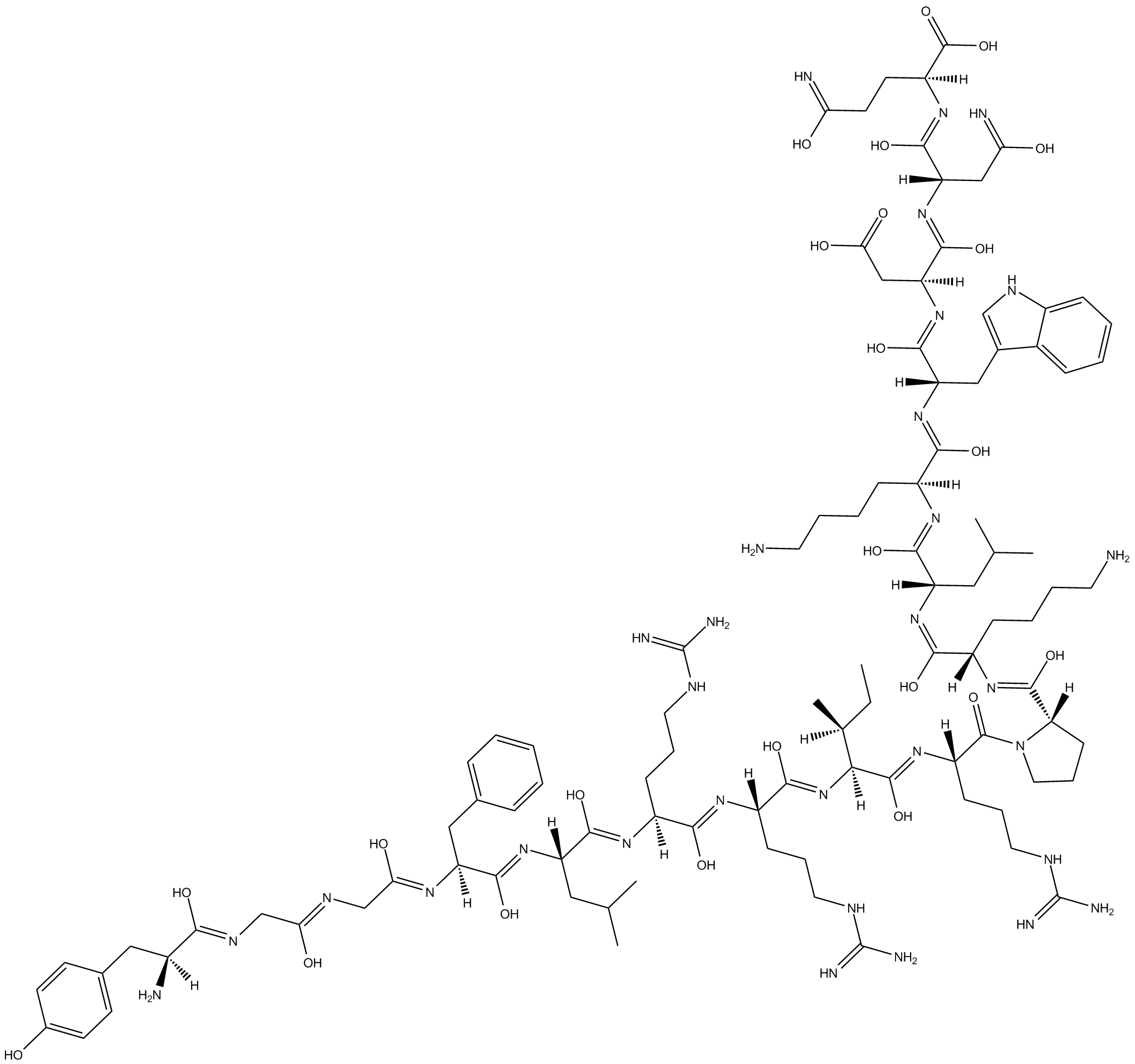 B7310 Dynorphin ASummary: Endogenous kappa receptor agonist
B7310 Dynorphin ASummary: Endogenous kappa receptor agonist

